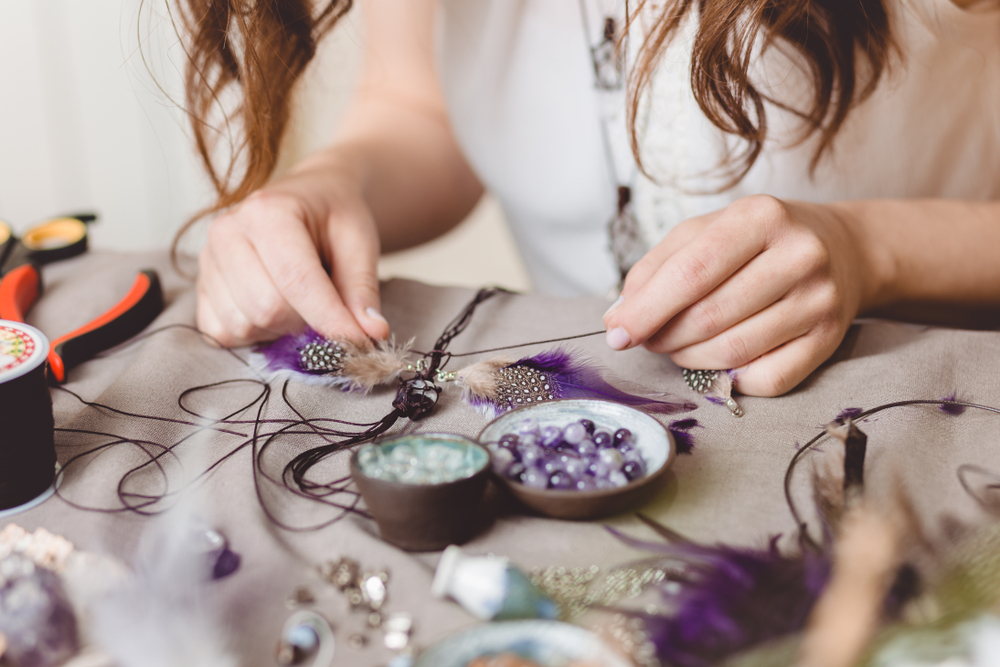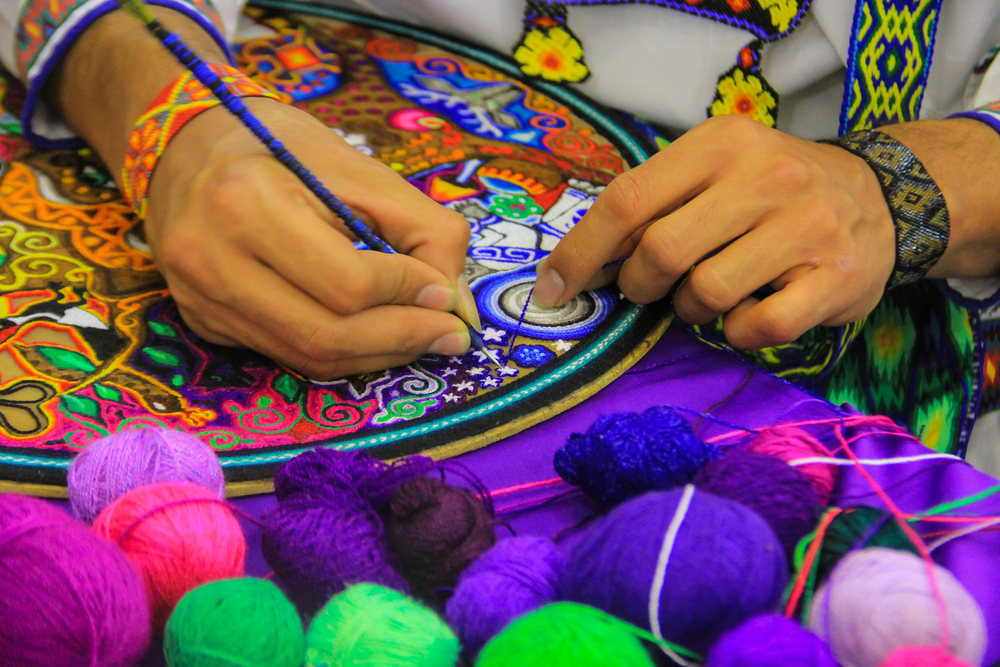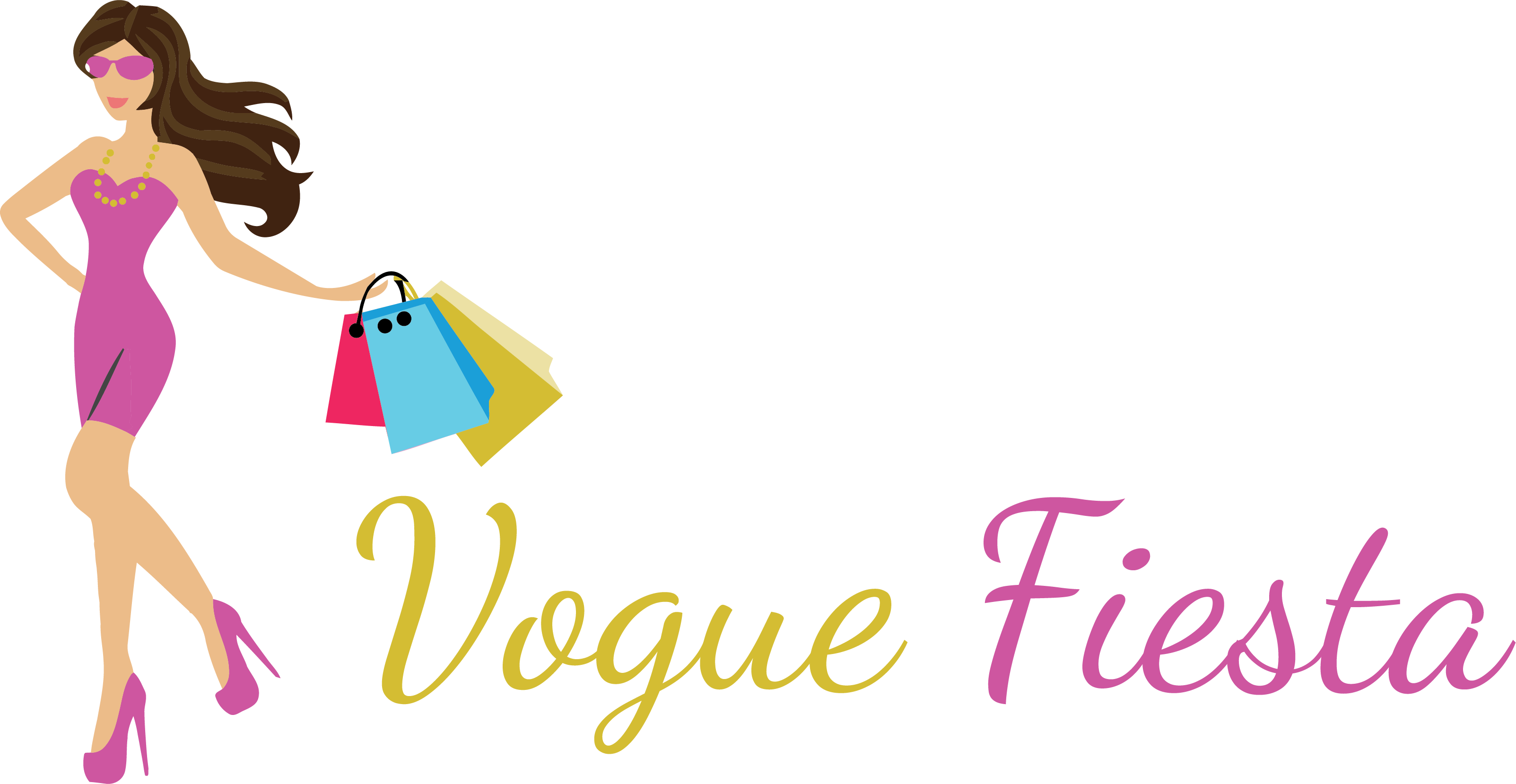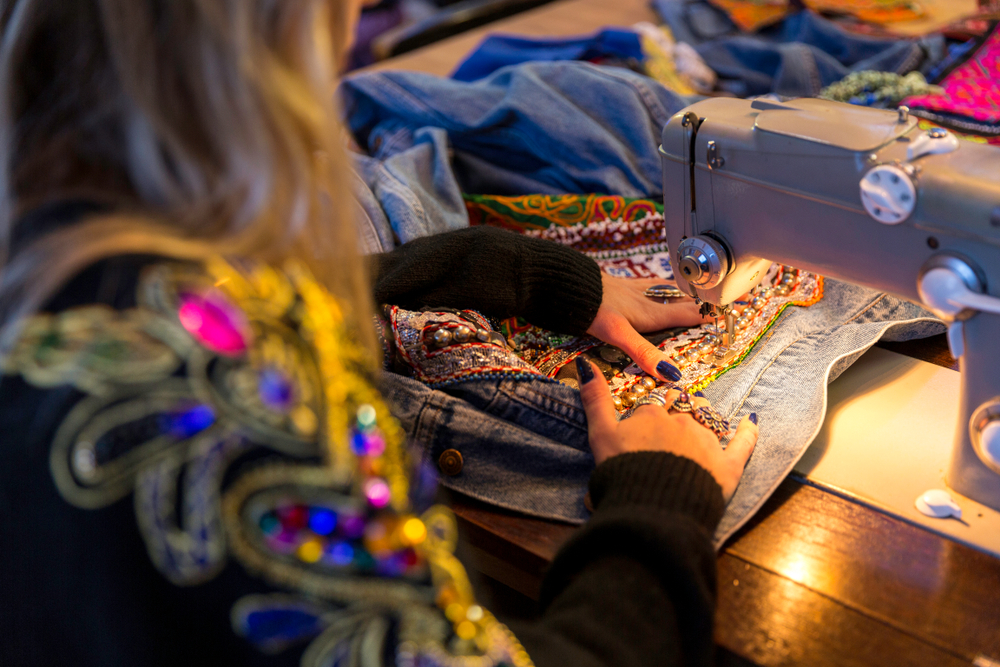There is a growing trend to appreciate the beauty and worth of handcrafted design in a society dominated by fast fashion and mass-produced apparel. In recent years, slow fashion and artisanal methods have become more popular, capturing the attention of both fashion lovers and ethical shoppers. This comeback heralds a move in the right direction towards sustainability, uniqueness, and appreciation of traditional craftsmanship. This article examines the rise of handcrafted fashion, the effects it has had on the market, and the reasons why more and more individuals are adopting this time-honored style.
The Allure of Artisanal Techniques
By hand, and frequently with the help of age-old techniques that have been handed down through the centuries, clothing and accessories are made utilizing artisanal processes in the fashion industry. Whether it’s hand-stitched embroidery, hand-woven fabrics, or hand-block printing, these methods give each item a distinctive personality and character that sets it apart from mass-produced things. Those looking for things that have a story, a link to the artisan’s heritage, and a sense of authenticity are drawn to the faults and uniqueness of handcrafted clothing.

Slow Fashion as a Counter to Fast Fashion
The slow fashion movement, which contrasts sharply with fast fashion’s unsustainable practices, is strongly in line with the ideas of handcrafted clothing. Slow fashion promotes a more careful and thoughtful approach to clothing selections as opposed to the quick production and consumption cycles of fast fashion. Consumers who purchase handcrafted, high-quality items favor longevity and timelessness over fads. Slow fashion encourages a greater understanding of the craftsmanship that goes into each item of clothing and works to make the industry more ecologically friendly and sustainable.
Empowering Artisans and Preserving Traditions
Adopting handcrafted methods means assisting talented artisans all across the world. These artists can support themselves through handcrafted fashion, which enables them to practice their trade and maintain age-old skills that could otherwise be lost in the face of mass production. Customers actively contribute to empowering these communities and preserving the survival of their cultural heritage by purchasing handcrafted clothing.
Redefining Luxury and Exclusivity
The idea of luxury has been redefined by handcrafted fashion, which puts more emphasis on the artistry and expertise required to create each item than on bright logos and hefty price tags. As more people look for exclusivity and originality in their apparel, handcrafted items offer a desirable contrast to the homogeneity of mass-produced clothing. Owning a piece of handcrafted clothing becomes a declaration of one’s sense of fashion, moral principles, and dedication to sustainable consumption.
Empowering Personal Expression
Individuality can occasionally be sacrificed in the name of trends in a society where mass-produced apparel is the norm. Through one-of-a-kind pieces, handmade fashion enables people to express their distinct personalities and personal style preferences. To produce goods that are in line with the wearer’s vision and represent their individuality and personal story, artisans frequently collaborate directly with clients. This sense of ownership and collaborative creativity improves the fashion experience overall and inspires people to embrace their uniqueness.

Supporting Sustainable Practices
Many people have serious concerns about how rapid fashion affects the environment. Given that it promotes the use of organic, locally sourced materials and lessens the environmental impact of industrial manufacture, handcrafted clothing is intrinsically sustainable. By purchasing handcrafted apparel, buyers support an industry that is more environmentally conscientious and promote a circular economy where clothes are loved and adored for many years to come.
A good change in the fashion industry may be seen in the resurgence of handcrafted clothing and the growth of slow fashion. Artisanal practices have gained fresh recognition in the current day as customers place a greater value on sustainability, originality, and individuality. The handcrafted fashion movement redefines the idea of luxury in clothes while simultaneously supporting ecological practices, empowering craftsmen, and preserving traditional workmanship. Adopting this attentive perspective on clothing enables us to enjoy the craftsmanship and history behind each item, encouraging a future fashion industry that is more aware and compassionate.

